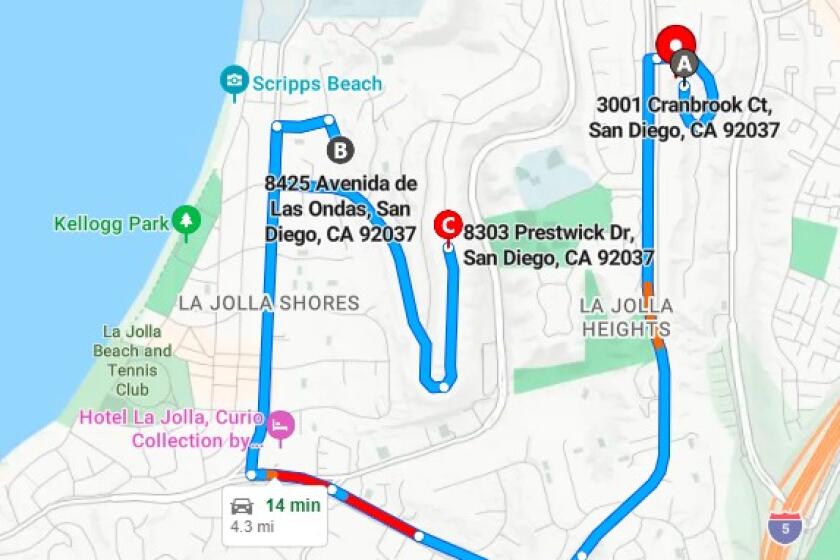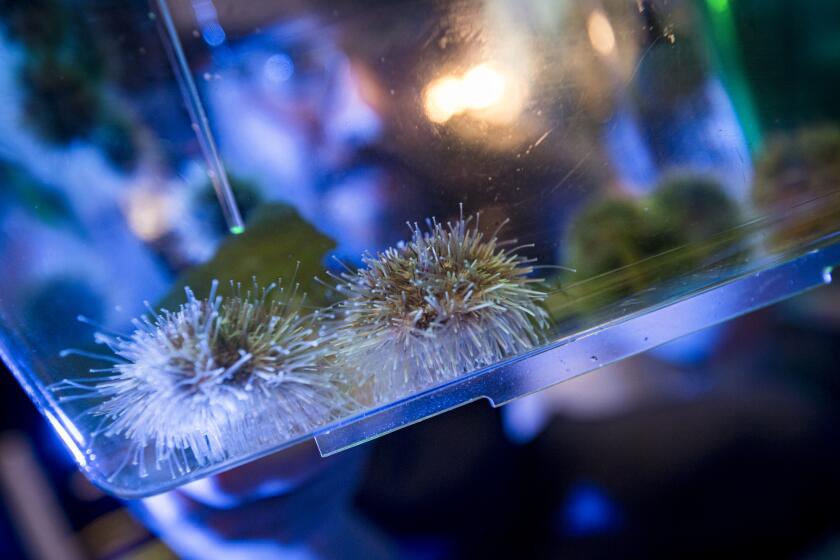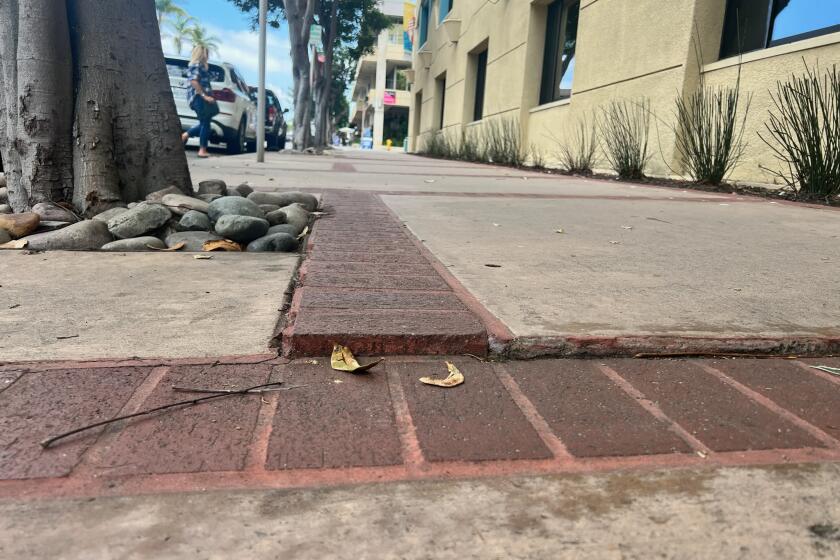Woman’s Club gets the scoop on La Jolla’s female pioneers: Names to know include Mills, Held, Hopkins, Balmer and more!
The La Jolla Woman’s Club “Women in Leadership” speaker series took a different direction July 25 to focus on the female pioneers in La Jolla’s history, rather than presenting one speaker and her career contributions. Early architects, medical trailblazers and suffragists with ties to La Jolla were spotlighted, along with those women whose names you may not know, but whose legacies remain.
History enthusiasts Anne Hoiberg and Gary Ferdman alternated telling brief tales about these women — almost 30 of them. The pair takes their presentation on tour, and has visited the Women’s Museum in Liberty Station and the La Jolla Riford Library.
Hoiberg told the Light: “We want to get the word out as much as we can about these wonderful women! Gary and I share an interest and devotion to history, so we put these presentations together. We take this talk to wherever we are asked. We did our very first presentation at the library about a year ago, and we’re planning to go back.”
At the La Jolla Woman’s Club, the two talked about a select group of pioneering women with lasting impacts.
Hoiberg explained that Ellen Mills was the daughter of an early La Jolla settler. She became a La Jolla correspondent for the Union Tribune at age 17 and later co-owned the La Jolla Journal, which became the La Jolla Light.
Hoiberg also talked about Anna Held, who created the Green Dragon Colony in The Village that would become an artist mecca. Hoiberg explained that Held had property in Little Italy and would take children in a horse-drawn wagon to The Cove. “It might have taken two hours, but she did it!” Hoiberg joked. “(Held) just fell in love with La Jolla and put a $50 down payment on this property above La Jolla Cove. She bought the acreage for $165 and put up 12 cottages. They became very famous among artists and musicians.”
Ferdman added that Isabel Hopkins built and owned La Jolla’s Casa de Mañana when it was a hotel in 1924. “She was the daughter of a prosperous owner of a supermarket chain, and moved to La Jolla from Colorado. At the time, Casa de Mañana was a world-famous resort hotel. It became a focal point for charitable events, concerts and lectures.” It has since become a seaside retirement community.
Hoiberg also delved into the lives of Genevieve Redding Warwick and Louise Balmer. She told those gathered that in the early 1900s, Redding opened and operated Redding’s Books in The Village with her husband. After he died suddenly in 1934, she continued to run the store on her own. In 1939, W.T. Warwick, who owned Warwick’s Books in Iowa, purchased Redding’s and renamed it Warwick’s. Genevieve and W.T. later married. Warwick’s is now the oldest continuously family-owned bookstore in the country.
Balmer founded the Balmer School in the 1920s, the precursor to La Jolla Country Day School. “She moved to La Jolla as a single mother of four after her husband died,” Hoiberg said. “She earned her teaching certificate at San Diego State University’s teacher’s college. After its humble beginnings as a cottage on Coast Boulevard, the Balmer House moved to Wisteria Cottage, now La Jolla Historical Society. (It became) La Jolla Country Day and received its charter in 1955. It moved to its current location in 1961.”
Next, the pair discussed Ada Gillispie of The Gillispie School and Mabel Bell, commemorated by Mabel Bell Lane in The Village.
Ferdman explained that Gillispie was a nurse and healthcare pioneer in 1916, who established the first hospital in La Jolla. “With the support of Ellen Browning Scripps, she expanded into the Scripps Memorial Hospital on Prospect Street in 1924. Ada and her husband founded The Gillispie School, which started as a small cottage that served hot meals to the underprivileged children of single mothers or working parents in La Jolla during The Depression. The Gillispies had the foresight to offer the children in their care early educational opportunities long before nursery school was the norm.”
Hoiberg added that Mabel Bell was a leader in La Jolla’s early African-American community, which numbered over 400 in the late 1940s. “Mabel founded the Strongly Oriented For Action committee (SOFA), a non-profit group that successfully lobbied for affordable housing in La Jolla. In August 2008, the alley between Eads and Draper avenues was named after her.”
— The next Women in Leadership event will feature Sanford Burnham Prebys Medical Discovery Institute president Kristiina Vuori, M.D., Ph.D., Wednesday, Oct. 3 at La Jolla Woman’s Club, 7791 Draper Ave. The presentation is free and open to the public. lajollawomansclub.org
Get the La Jolla Light weekly in your inbox
News, features and sports about La Jolla, every Thursday for free
You may occasionally receive promotional content from the La Jolla Light.




